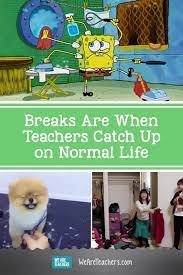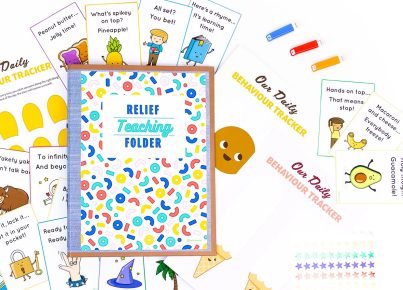Introduction:
As summer vacation arrives, students look forward to their much-anticipated break, but teachers also relish this precious time. After spending months confined within the four walls of a classroom, they have earned the opportunity to catch up on all the normal life activities that were pushed aside during the bustling school year. This period offers a chance for educators to reset, rejuvenate, and rediscover the balance in their lives.
Reconnecting with Family and Friends:
One of the most significant aspects of a teacher’s summer break is reconnecting with family and friends. The demanding schedule of lesson planning, grading, and after-school meetings often leaves little time for socializing during the school year. Summer breaks allow teachers to rebuild relationships and focus on quality time with loved ones.
Focusing on Health and Wellness:
Teaching is both physically and emotionally taxing. With ample time now available, teachers can prioritize their physical health, catching up on medical checkups, setting and maintaining fitness goals, or adopting healthier habits. Mental well-being is equally important; practices like meditation or yoga help combat stress accumulated throughout the school year.
Personal Growth and Development:
Professional development is essential for every teacher’s growth. Workshops, continuing education courses or webinars enable teachers to stay current with educational trends or learn new methodologies that will enhance their instruction in the next academic session. Furthermore, summer breaks are valuable for pursuing personal hobbies outside of teaching; this could include reading books, learning a new language or instrument or creating art.
Summer Employment Opportunities:
For some educators, financial constraints require them to pursue summer employment opportunities such as part-time jobs or seasonal work in various industries. Teachers may use their skills by offering tutoring services or conducting summer camps for children interested in particular subjects like robotics or art.
Travel and Adventure:
Going on vacations connects teachers to different cultures and landscapes that can later be incorporated in class discussions, adding a personal and enriching touch to their lessons. Summer trips can expand one’s worldview, foster a greater sense of empathy, and reignite a passion for teaching.
Replenishing Energy for the New School Year:
As the summer winds down, teachers spend time preparing for the upcoming school year by decorating classrooms, organizing resources, and updating lesson plans. The restorative downtime afforded by summer break ensures that teachers return with renewed energy and creativity to inspire their students all over again.
Conclusion:
Summer breaks allow teachers to catch up on normal life activities they have missed during the school year. Reconnecting with loved ones, focusing on health and wellness, pursuing personal growth, exploring employment opportunities or travel adventures all contribute to a happier, healthier, and more balanced lifestyle. With these experiences behind them, teachers are better prepared to continue educating the future generation when school doors reopen.





